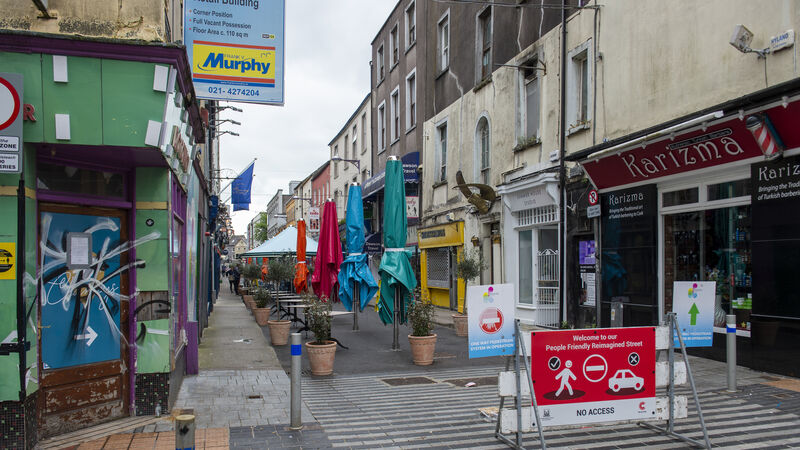Michael Moynihan: Is Cork City a nightmare for wheelchair users?

‘One place I like going to is Princes St, to meet a couple of friends for a coffee in Clancys, or outside Clancys. The footpaths there can be crazy to deal with,’ says Declan Groeger. Picture Dan Linehan
A couple of weeks ago I wrote hereabout Make Way Day, the annual campaign to make people aware of the needs of people with disabilities, particularly in public spaces.
With the day itself looming fast — tomorrow, in fact — I thought I’d ask someone who’s familiar with Cork to evaluate the city on that particular basis.












